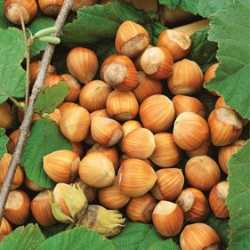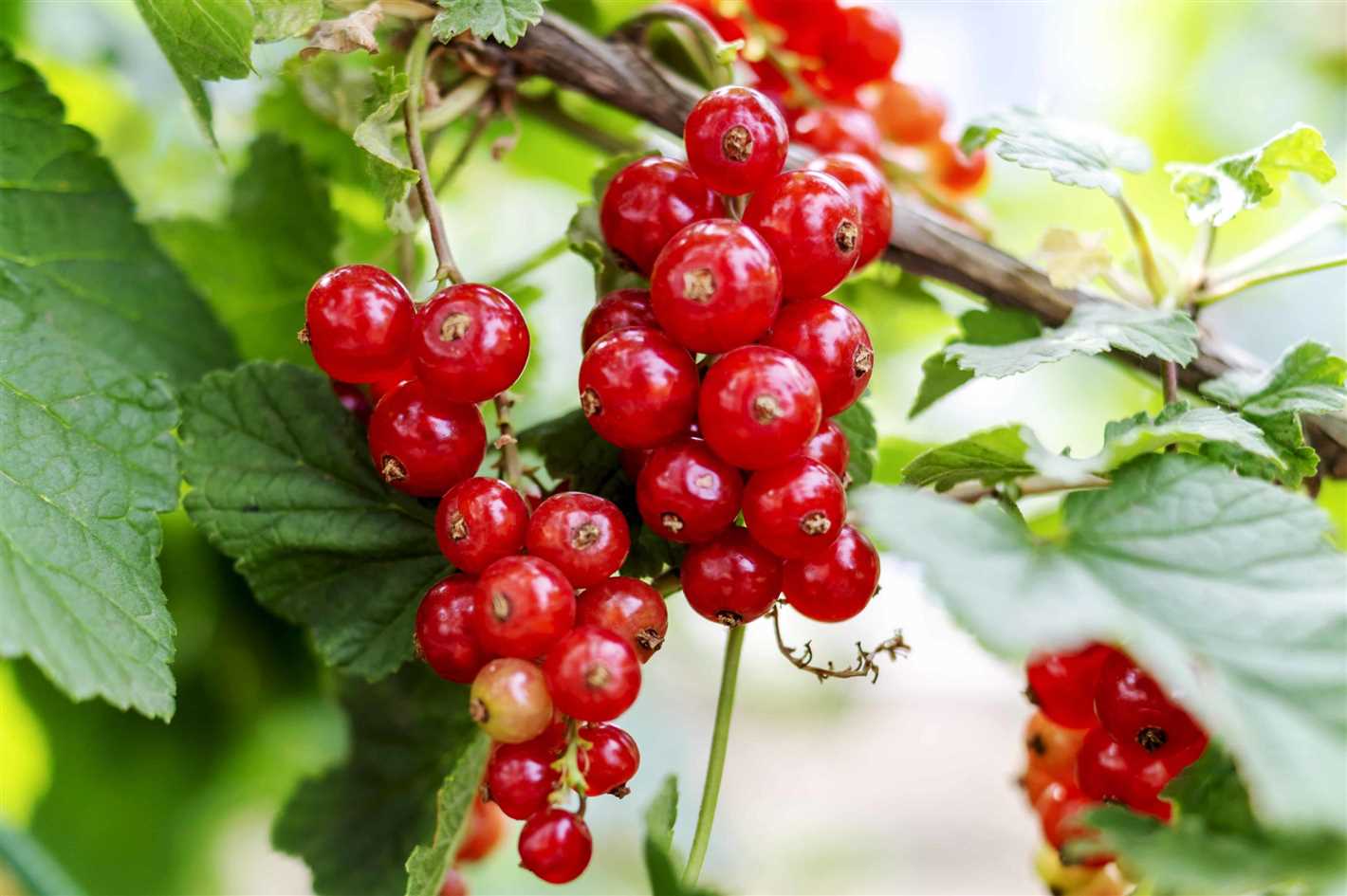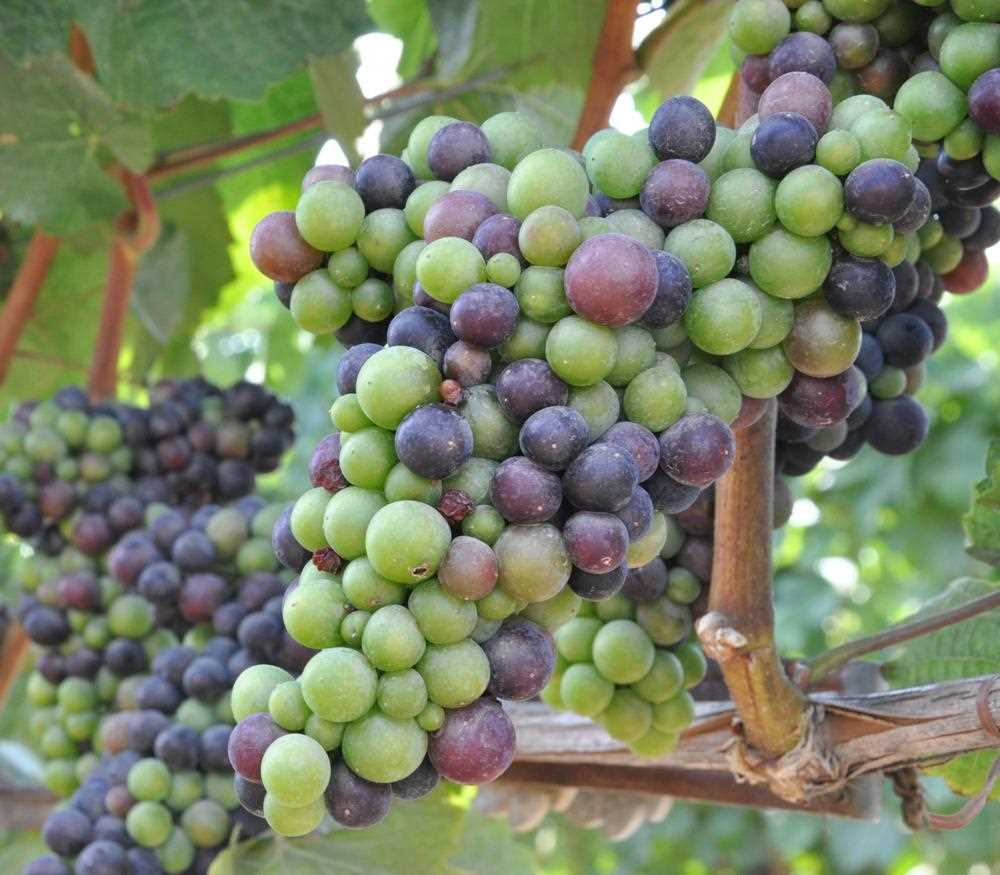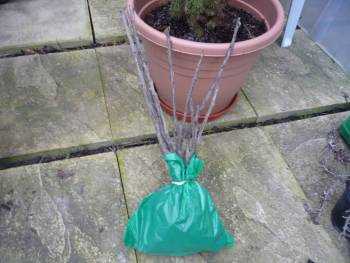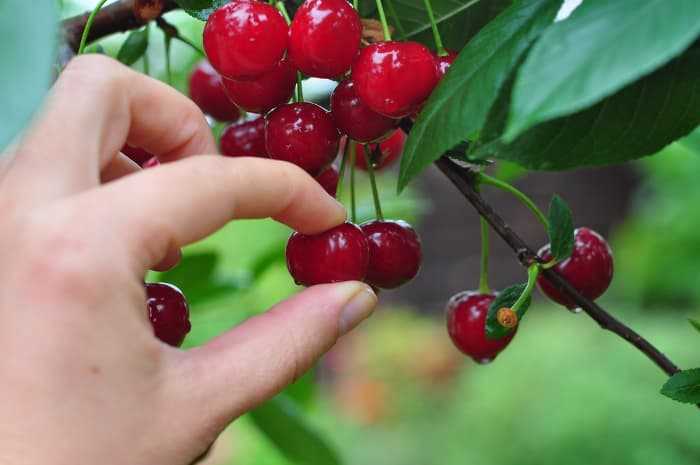- Importance of Proper Fertilization
- Understanding Raspberry Nutritional Needs
- Organic Options for Raspberry Fertilizers
- 1. Compost
- 2. Manure
- 3. Fish Emulsion
- 4. Blood Meal
- 5. Organic Fertilizer Blends
- 6. Mulching
- Synthetic Fertilizers for Raspberry Plants
- Benefits of Synthetic Fertilizers
- Choosing the Right Synthetic Fertilizer
- Application Guidelines
- Nitrogen-Rich Fertilizers for Raspberry Growth
- Phosphorus for Enhanced Raspberry Fruit Production
- Potassium and Other Micronutrients for Raspberry Health
- Tips for Applying Fertilizer to Raspberry Plants
- Choose the Right Fertilizer
- Timing is Key
- Measure Properly
- Spread Evenly
- Water After Application
- Monitor and Adjust
- Avoid Over-Reliance on Fertilizers
- Question-answer:
- What is the best fertilizer for raspberries?
- Can I use compost as a fertilizer for raspberries?
- How often should I fertilize my raspberries?
- Are there any organic fertilizers specifically formulated for raspberries?
- What nutrient deficiencies can occur in raspberry plants?
- Is it possible to over-fertilize raspberries?
- Can I use liquid fertilizers for raspberries?
- Video: The Best Raspberries I’ve ever Tasted | Full Organic Orchard Tour
Raspberries are a popular fruit choice for many gardeners due to their deliciously juicy and sweet berries. However, growing healthy and productive raspberry plants requires attention to their nutritional needs. One way to ensure the optimal growth and fruit production of raspberries is by using the right fertilizer.
When it comes to fertilizing raspberries, the options can be overwhelming. There are numerous types of fertilizers available on the market, each claiming to be the best for raspberry plants. However, selecting the right fertilizer involves considering several factors, including the plant’s nutrient requirements, soil conditions, and organic gardening practices.
One important factor to consider when choosing a fertilizer for raspberries is the plant’s nutrient requirements. Raspberries require a balanced supply of nutrients, including nitrogen, phosphorus, and potassium (NPK). Nitrogen promotes leaf and stem growth, phosphorus supports root development and flower production, and potassium enhances fruit quality and disease resistance. Therefore, it is important to choose a fertilizer that provides these essential nutrients.
Another important consideration when choosing a fertilizer for raspberries is the soil conditions. Raspberries prefer a slightly acidic soil with a pH between 5.5 and 6.5. Fertilizers that contain sulfur can help lower the soil pH if necessary. Additionally, a soil test can determine the nutrient levels in the soil and guide the choice of fertilizer. If the soil is deficient in certain nutrients, a specific fertilizer formulation can be used to address the deficiency.
For gardeners who follow organic gardening practices, using an organic fertilizer is essential to maintain the organic integrity of their crops.
Organic fertilizers, such as compost, manure, and bone meal, are derived from natural sources and help enrich the soil with organic matter and beneficial microorganisms. These slow-release fertilizers provide nutrients gradually, reducing the risk of nutrient runoff and promoting long-term soil health.
In conclusion, choosing the best fertilizer for raspberries involves considering the plant’s nutrient requirements, soil conditions, and organic gardening practices. By selecting a fertilizer that provides the necessary nutrients, maintains the optimal soil pH, and aligns with organic gardening principles, gardeners can maximize the growth and productivity of their raspberry plants, leading to a bountiful harvest of juicy, sweet, and organic berries.
Importance of Proper Fertilization
Proper fertilization is essential for growing healthy and productive raspberry plants. Raspberries are heavy feeders and require a balanced supply of essential nutrients to thrive. Fertilizers play a crucial role in meeting these nutrient requirements and ensuring optimal growth, fruit development, and overall plant vigor.
Fertilizers provide essential macro and micronutrients that raspberry plants need for various physiological processes. Macronutrients such as nitrogen (N), phosphorus (P), and potassium (K) are needed in higher quantities and are essential for overall plant growth and development.
Nitrogen is essential for healthy leaf and stem growth, as well as the production of chlorophyll, which is necessary for photosynthesis. Phosphorus aids in root development, flowering, and fruit set, while potassium promotes strong root systems and improves fruit quality and ripening.
In addition to macronutrients, raspberries also require micronutrients such as iron, manganese, zinc, and copper in smaller quantities. These micronutrients are crucial for various physiological processes, enzyme activation, and maintaining overall plant health.
Proper fertilization not only ensures an adequate supply of essential nutrients but also helps maintain soil fertility. Continuous cropping of raspberries can deplete soil nutrients, reducing plant vigor and productivity. By providing fertilizers at the right time and in the right amounts, growers can replenish the soil, ensuring the long-term sustainability of their raspberry plants.
However, it’s important to note that over-fertilization can be detrimental to raspberry plants. Excessive fertilization, especially with nitrogen-rich fertilizers, can lead to excessive vegetative growth, reduced fruit set, and increased susceptibility to diseases and pests. That’s why it’s crucial to follow guidelines for proper fertilization and avoid overapplication.
In conclusion, proper fertilization is of utmost importance for growing healthy and productive raspberry plants. It provides the necessary nutrients for growth, development, and fruit production, as well as helps maintain soil fertility. By understanding the nutrient requirements of raspberries and following proper fertilization practices, growers can maximize the quality and yield of their delicious, juicy, and organic berries.
Understanding Raspberry Nutritional Needs
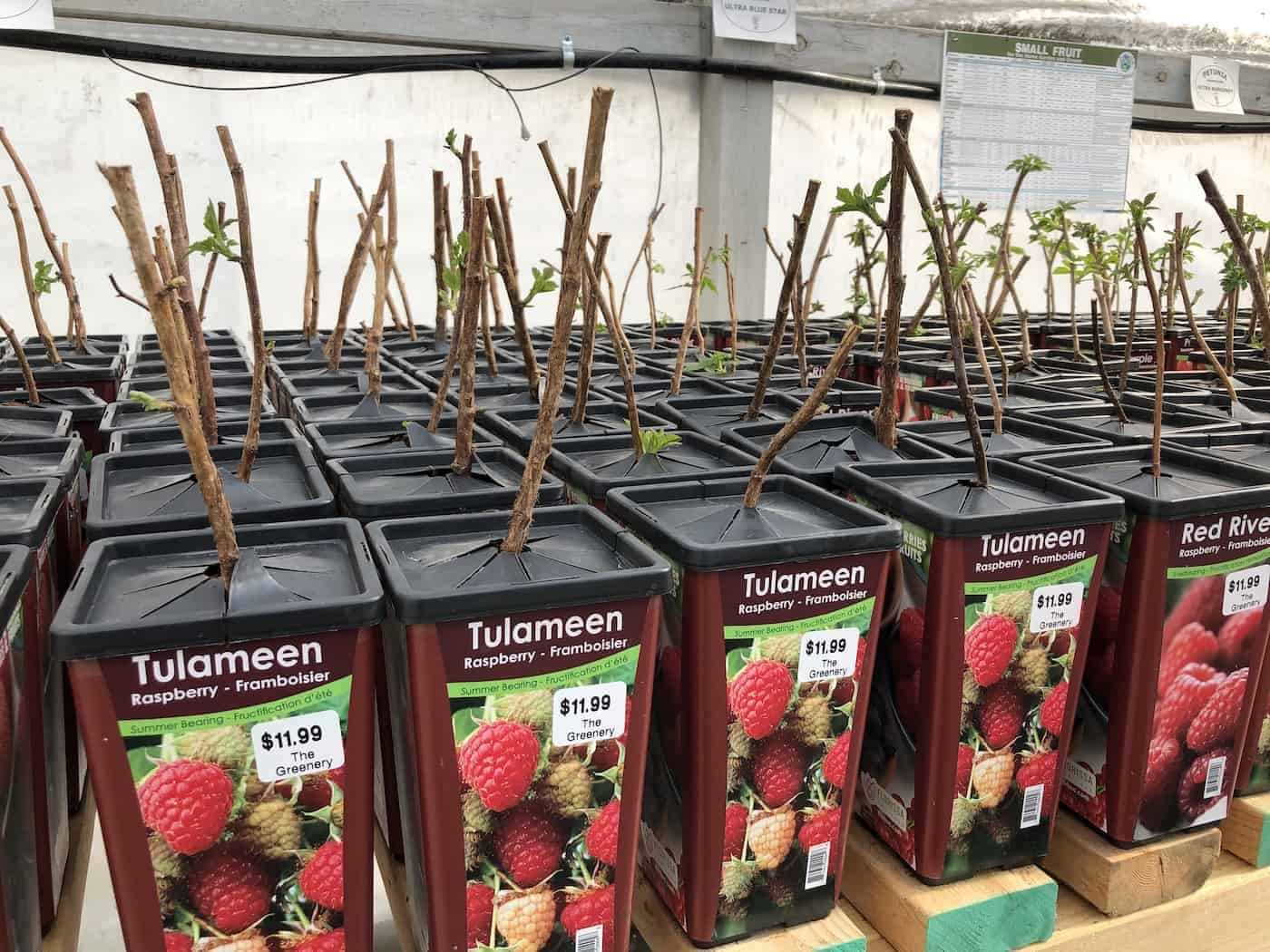
Raspberries are a popular fruit known for their sweet and tangy flavors. To ensure the best quality and yield of raspberries, it is important to understand their nutritional needs. By providing the right nutrients in the soil, you can maximize the growth and health of your raspberry plants.
1. Nitrogen: Nitrogen is an essential nutrient for raspberry plants as it promotes healthy plant growth and development. It plays a crucial role in the formation of chlorophyll, which is vital for photosynthesis. Nitrogen also helps in the production of proteins and enzymes, which are important for overall plant health. However, too much nitrogen can result in excessive vegetative growth and reduced fruit production. It is important to find the right balance of nitrogen for your raspberries.
2. Phosphorus: Phosphorus is another essential nutrient for raspberry plants. It is important for root development, flowering, and fruit production. Phosphorus promotes overall plant health and increases the plant’s ability to resist diseases and pests. It is important to provide an adequate amount of phosphorus to ensure optimal growth and fruiting of your raspberry plants.
3. Potassium: Potassium is vital for the proper functioning of raspberry plants. It plays a crucial role in photosynthesis, water uptake, and nutrient absorption. Potassium helps in regulating plant metabolism and improves disease resistance. Adequate potassium levels in the soil can result in better overall plant health, increased fruit size, and improved fruit flavor.
4. Calcium: Calcium is an important nutrient for raspberry plants, especially during fruit development and growth. It helps in strengthening the cell walls and improving the quality and shelf life of the fruits. Calcium deficiency can lead to issues like blossom end rot, which affects the quality of the berries. Therefore, it is essential to provide sufficient calcium to your raspberry plants.
5. Micronutrients: Apart from the major nutrients mentioned above, raspberries also require various micronutrients for optimal growth. These include iron, zinc, manganese, copper, and boron. These micronutrients are required in smaller quantities but play a crucial role in various physiological processes of the plants.
6. pH Level: Raspberry plants prefer slightly acidic soil with a pH level between 5.5 and 6.5. This range allows for optimal nutrient uptake and prevents nutrient deficiencies or toxicities. Regular soil testing can help you determine the pH level of your soil and make necessary adjustments if needed.
Understanding the nutritional needs of your raspberry plants is crucial for their growth and fruiting. By providing the right balance of nutrients, you can ensure healthy plants and maximize the yield of juicy, sweet, and organic raspberries.
Organic Options for Raspberry Fertilizers
Growing raspberries organically not only ensures that you have healthy and chemical-free berries, but it also supports the environment and promotes sustainable farming practices. When it comes to choosing the best organic fertilizer for your raspberry plants, there are several options to consider.
1. Compost
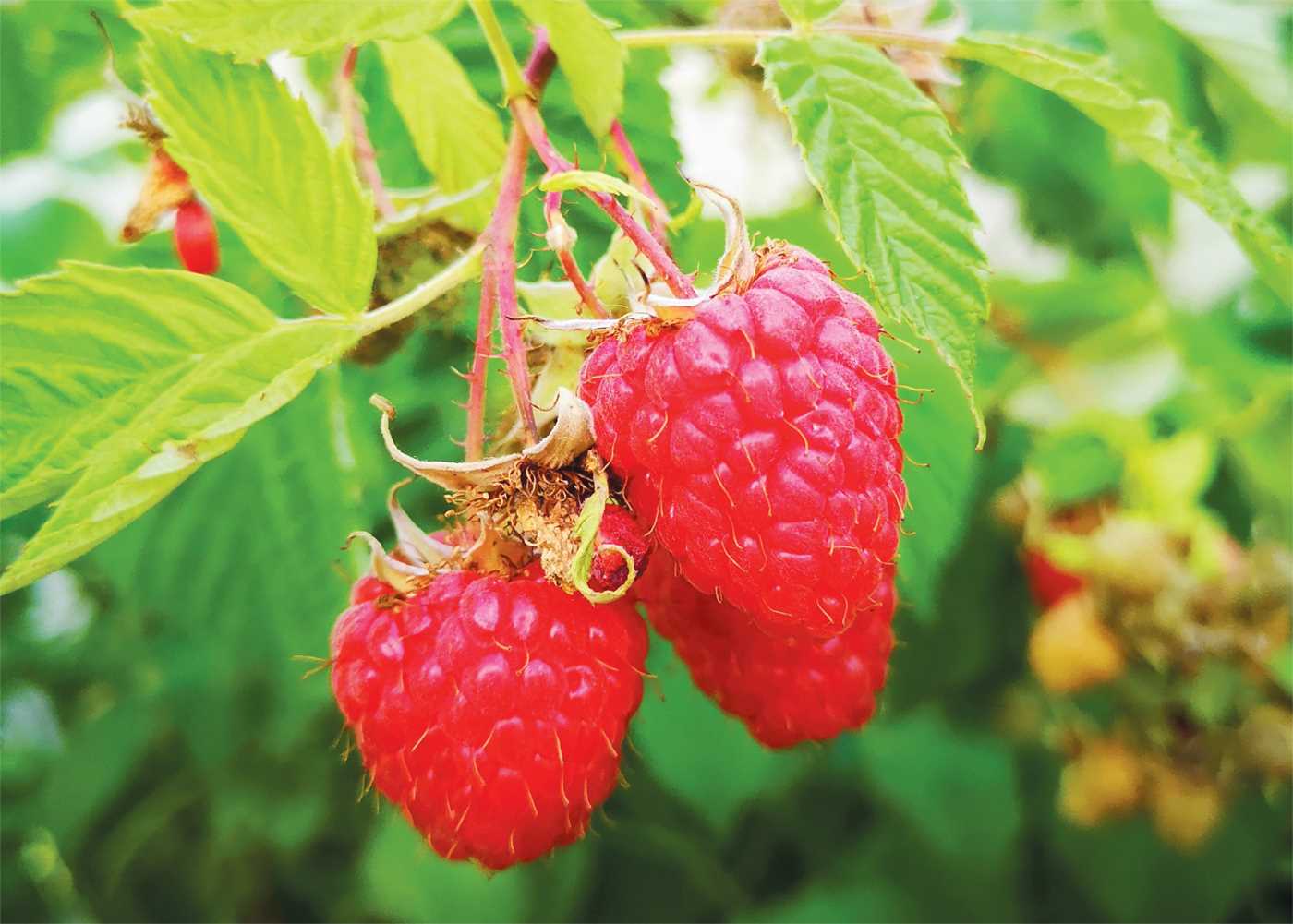
Compost is a natural and nutrient-rich option for fertilizing raspberries. It is made by decomposing organic materials such as food scraps, yard waste, and leaves. Compost adds organic matter to the soil, improves its structure, and provides a slow release of nutrients. Apply a layer of compost around the base of the raspberry plants, taking care not to cover the stems or crown.
2. Manure
Manure from herbivores such as cows, horses, or chickens can be an excellent source of nutrients for your raspberry plants. Make sure the manure is well-aged or composted before using it as fertilizer to avoid burning the plants. Apply a layer of manure around the base of the plants, keeping it a few inches away from the stems.
3. Fish Emulsion
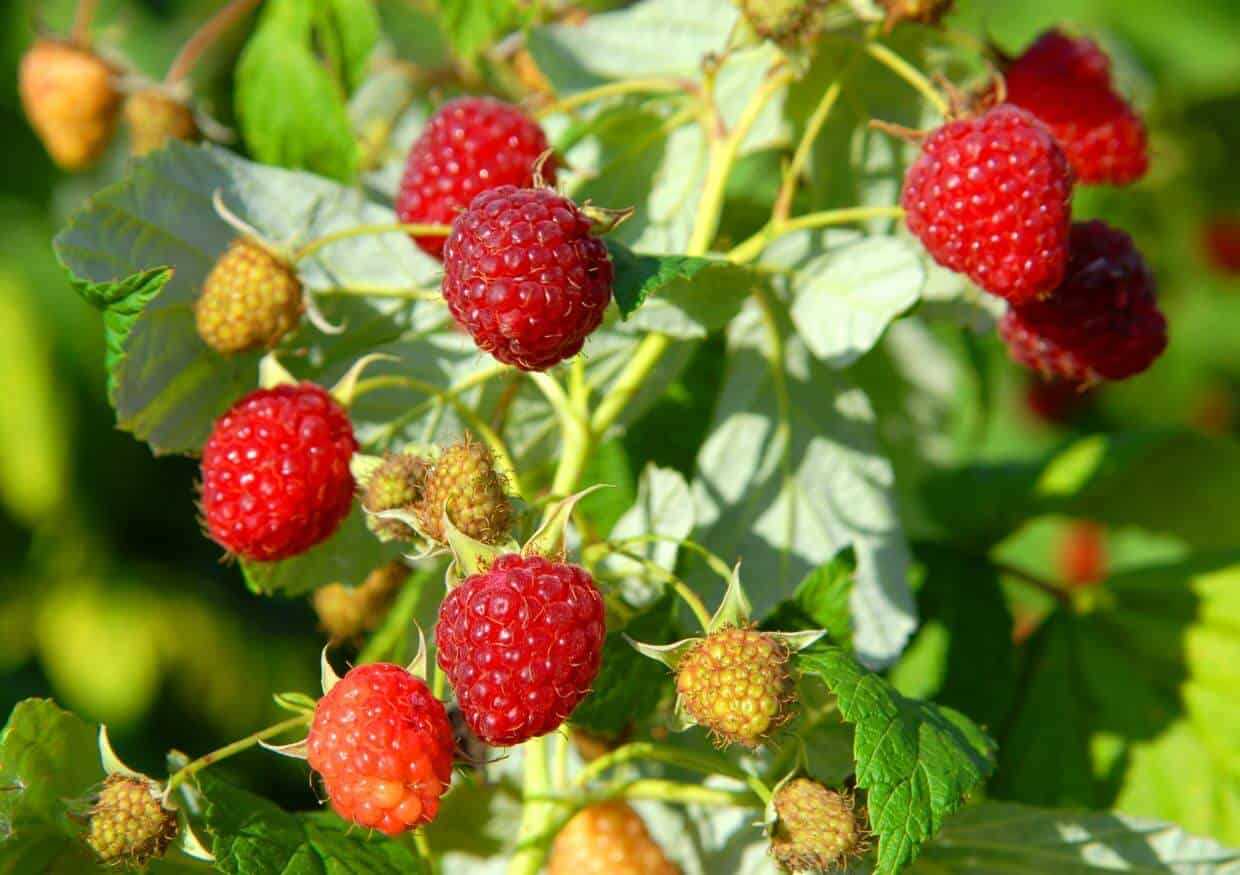
Fish emulsion is a liquid fertilizer made from fish waste, and it is an excellent organic option for raspberries. It provides a quick release of nutrients and promotes healthy growth. Dilute the fish emulsion according to the instructions on the package and apply it to the soil around the raspberry plants.
4. Blood Meal
Blood meal is a high-nitrogen organic fertilizer that can benefit raspberry plants during their vigorous growth phase. It is made from dried and powdered animal blood and contains essential nutrients for plant growth. Apply blood meal sparingly around the raspberry plants, as excessive amounts can burn the roots.
5. Organic Fertilizer Blends
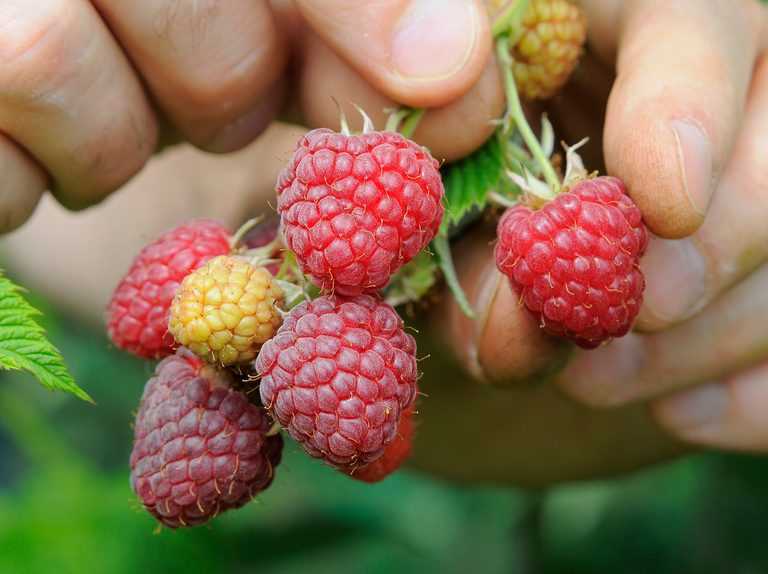
There are many commercially available organic fertilizer blends designed specifically for berries and fruiting plants. These blends usually contain a mix of organic ingredients such as composted poultry manure, bone meal, kelp meal, and other natural nutrients. Follow the package instructions for application rates and timing.
6. Mulching
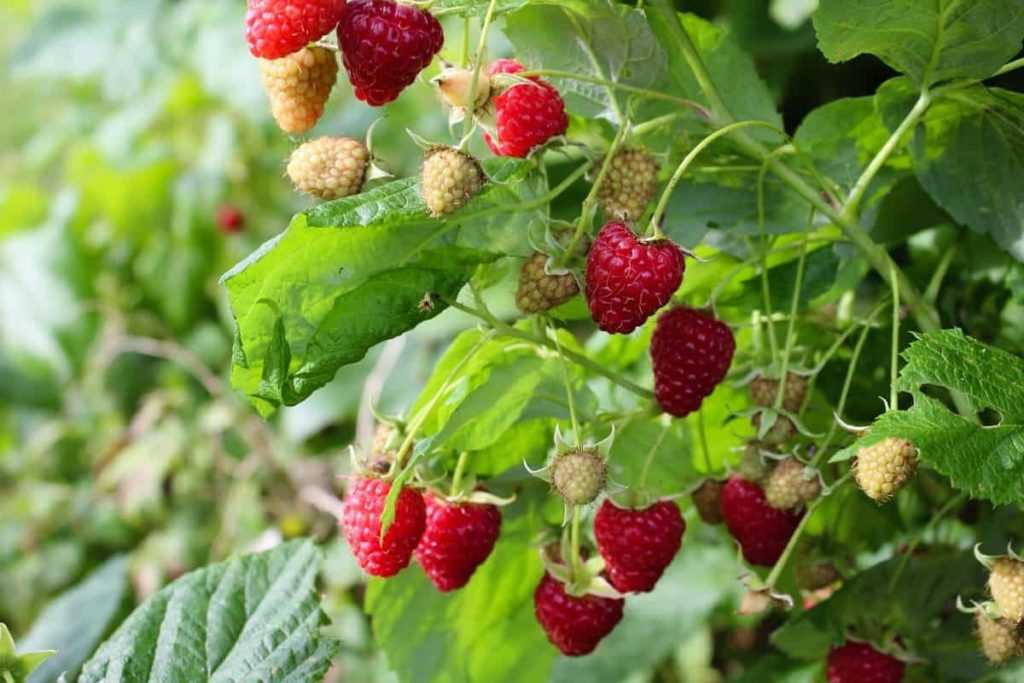
In addition to using organic fertilizers, mulching around raspberry plants can help retain moisture, suppress weeds, and add organic matter to the soil. Use organic materials such as straw, wood chips, or leaves as mulch, applying a 2- to 4-inch layer around the plants while being careful not to smother the stems.
| Fertilizer | Nutrient Content | Advantages | Disadvantages |
|---|---|---|---|
| Compost | Low to medium | Improves soil structure, slow release of nutrients | May take time to see results, may attract pests |
| Manure | Medium to high | Good source of nutrients, improves soil fertility | Needs to be well-aged or composted, can have an odor |
| Fish Emulsion | Medium | Quick release of nutrients, promotes healthy growth | Needs frequent application, may have a strong odor |
| Blood Meal | High | Good source of nitrogen, promotes vigorous growth | Can burn plants if used excessively |
Remember to always read and follow the instructions on the fertilizer packaging for proper application rates and timing. By choosing organic options for your raspberry fertilizers, you can enjoy juicy, sweet, and environmentally friendly berries.
Synthetic Fertilizers for Raspberry Plants
Raspberries are a popular and delicious fruit that can be grown in many regions. To ensure that your raspberry plants grow strong and produce juicy, sweet berries, it’s important to choose the right fertilizer. While organic fertilizers are a popular choice for many gardeners, synthetic fertilizers can also be effective in providing the necessary nutrients for your raspberry plants.
Benefits of Synthetic Fertilizers
Synthetic fertilizers offer several advantages when compared to organic fertilizers. These benefits include:
- Precise Nutrient Composition: Synthetic fertilizers are formulated to provide specific ratios of nutrients that are essential for plant growth. This allows you to tailor the fertilizer to meet the precise needs of your raspberry plants.
- Faster Nutrient Availability: Synthetic fertilizers are typically water-soluble, which means that the nutrients are immediately available to the plants once applied. This can help speed up plant growth and increase berry production.
- Longer Shelf Life: Synthetic fertilizers can be stored for longer periods without losing their potency. This makes them a convenient option for gardeners who may not use a large amount of fertilizer at once.
Choosing the Right Synthetic Fertilizer
When selecting a synthetic fertilizer for your raspberry plants, there are a few important factors to consider:
- Nutrient Ratio: Look for a fertilizer with a balanced ratio of nitrogen (N), phosphorus (P), and potassium (K). For raspberries, a ratio of approximately 10-10-10 or 12-12-12 is recommended.
- Release Method: Synthetic fertilizers can be either water-soluble or slow-release. Water-soluble fertilizers provide an immediate nutrient boost, while slow-release fertilizers gradually release nutrients over a longer period of time.
- Additional Nutrients: Consider whether your raspberry plants may benefit from additional nutrients, such as micronutrients like iron, magnesium, or calcium. Some synthetic fertilizers are formulated with these additional nutrients.
Application Guidelines
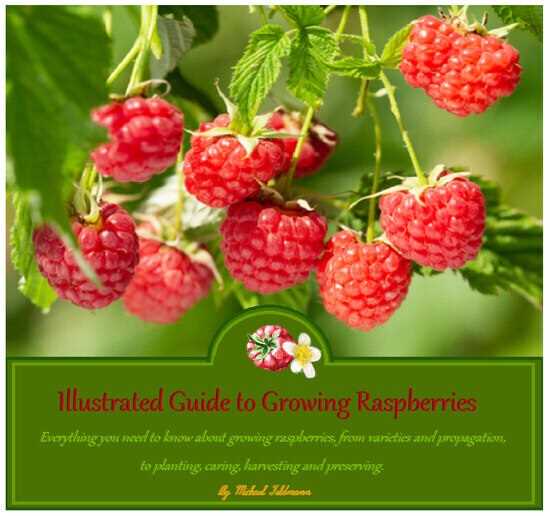
When applying synthetic fertilizer to your raspberry plants, it’s important to follow the manufacturer’s instructions to ensure proper application. Typically, you’ll want to:
- Measure: Measure out the appropriate amount of fertilizer based on your raspberry plant’s size and the manufacturer’s recommendations.
- Distribute: Spread the fertilizer evenly around the base of the plants, avoiding direct contact with the stems.
- Water: After applying the fertilizer, water the plants thoroughly to help the nutrients penetrate the soil and reach the plant roots.
Remember, while synthetic fertilizers can be effective in promoting the growth of your raspberry plants, it’s important to use them responsibly and avoid over-application. Regular soil testing can help you determine the specific nutrient needs of your raspberries, allowing you to choose the right fertilizer and ensure optimal growth and berry production.
Nitrogen-Rich Fertilizers for Raspberry Growth
Raspberries are nitrogen-loving plants that require a steady supply of nitrogen to promote healthy growth and maximize fruit production. Nitrogen is an essential nutrient that plays a crucial role in the development of foliage, stems, and fruit. A lack of nitrogen can result in stunted growth, weak plants, and poor berry production.
When choosing a fertilizer for raspberries, it’s important to select one that is rich in nitrogen. Here are some nitrogen-rich fertilizers that are suitable for promoting raspberry growth:
- Composted Manure: Composted manure is an excellent organic source of nitrogen. It not only provides nitrogen but also boosts soil fertility and improves its overall structure. Apply a layer of composted manure around the base of raspberry plants in early spring or fall.
- Blood Meal: Blood meal is a high-nitrogen organic fertilizer that is fast-acting and easily absorbed by plants. Sprinkle blood meal around the raspberry plants and gently work it into the soil. Avoid excessive use, as it can burn plants if applied in large amounts.
- Fish Emulsion: Fish emulsion is another organic fertilizer that is rich in nitrogen. It is made from fermented fish and provides a slow-release source of nitrogen for raspberries. Dilute fish emulsion with water according to the manufacturer’s instructions and apply it as a liquid fertilizer.
- Feather Meal: Feather meal is a byproduct of the poultry industry and is rich in nitrogen. It releases nitrogen slowly over time, providing a long-lasting source of nutrition for raspberry plants. Apply feather meal at the base of the plants and mix it into the soil.
It’s important to note that while nitrogen is essential for raspberry growth, excessive nitrogen can lead to excessive vegetative growth at the expense of fruit production. It’s recommended to follow the instructions provided by the fertilizer manufacturer and to conduct regular soil testing to monitor nutrient levels.
By using nitrogen-rich fertilizers and providing the right amount of nutrients, you can ensure that your raspberry plants thrive and produce an abundant harvest of juicy, sweet berries.
Phosphorus for Enhanced Raspberry Fruit Production
Phosphorus is a crucial nutrient for raspberry plants, playing a key role in fruit production and overall plant health. It is one of the three primary macronutrients necessary for plant growth, along with nitrogen and potassium.
Why is phosphorus important for raspberry fruit production?
Phosphorus plays a critical role in energy transfer within the plant cells, aiding in the conversion of sugars to energy. This process is necessary for fruit development and maturation. Without an adequate supply of phosphorus, raspberry plants may struggle to produce large, juicy, and sweet berries.
How to determine if your soil lacks phosphorus?
Soil testing is the most accurate way to determine if your soil lacks phosphorus. You can send a sample to a soil testing laboratory or use a home soil test kit. The results will indicate the phosphorus levels in your soil and whether additional supplementation is needed.
How to increase phosphorus levels in your soil?
If your soil is found to be deficient in phosphorus, there are several ways to increase its levels:
- Organic matter: Incorporate organic matter, such as compost or well-rotted manure, into the soil before planting. This can help improve overall soil fertility, including phosphorus levels.
- Phosphorus-rich fertilizers: Apply phosphorus-rich fertilizers, such as bone meal or rock phosphate, according to the recommended rates. These fertilizers release phosphorus slowly, providing a steady supply to the plants.
- Phosphorus supplements: If soil levels are severely depleted, phosphorus supplements can be used to provide an immediate boost. These supplements are usually available in liquid or granular form and can be applied directly to the plants.
How to apply phosphorus to raspberry plants?
The application of phosphorus to raspberry plants can be done in several ways:
- Fertilizer application: Apply phosphorus-rich fertilizers around the base of the plants, taking care not to directly contact the leaves or stems.
- Sidedressing: Incorporate phosphorus-rich fertilizers into the soil alongside the rows of raspberry plants during the growing season.
- Foliar spray: Phosphorus can also be applied as a foliar spray, which allows for direct absorption by the leaves. However, foliar sprays should be used in conjunction with soil applications for maximum effectiveness.
Caution: It is important to follow the recommended rates of phosphorus application, as excessive use can lead to environmental pollution and harm the plants.
In conclusion, phosphorus is a vital nutrient for enhancing raspberry fruit production. By ensuring adequate phosphorus levels in the soil and utilizing appropriate methods of application, you can maximize the sweetness, juiciness, and quality of your raspberry harvest.
Potassium and Other Micronutrients for Raspberry Health
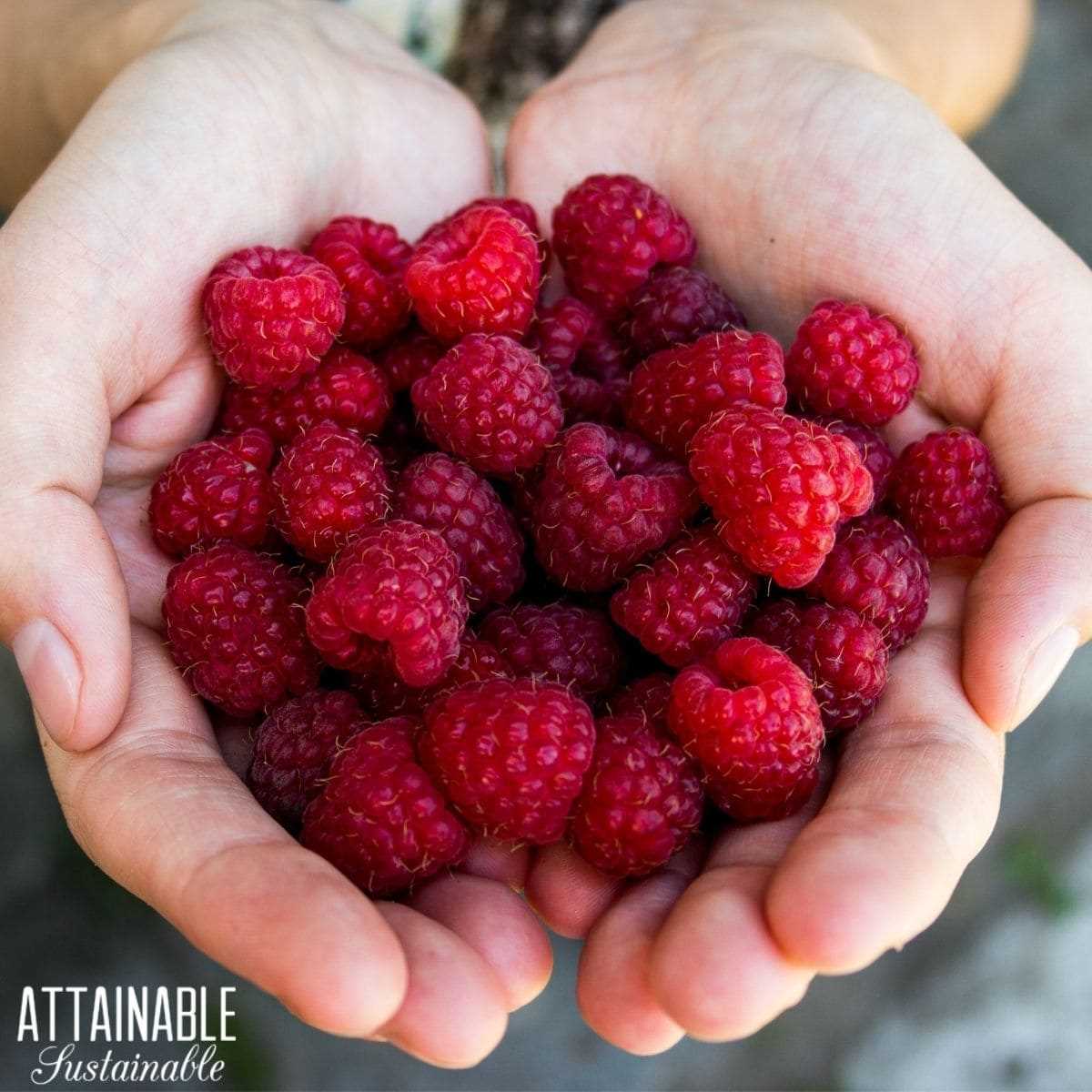
When it comes to maximizing the health and productivity of your raspberry plants, it’s crucial to provide them with the right balance of nutrients. While macronutrients like nitrogen, phosphorus, and potassium are often the focus, micronutrients also play a vital role in raspberry health. One micronutrient that is particularly important for raspberries is potassium.
The Importance of Potassium
Potassium is an essential nutrient for all plants, including raspberries. It plays a crucial role in a variety of physiological processes, such as enzyme activation, osmotic regulation, and photosynthesis. Without adequate potassium, raspberry plants may experience a range of issues, including stunted growth, reduced fruit quality, and increased susceptibility to disease.
In particular, potassium is essential for promoting strong root growth and water uptake in raspberries. This helps the plants tolerate drought conditions and prevents wilting. Additionally, potassium improves the overall flavor and sweetness of the berries by enhancing sugar content and reducing acidity.
Sources of Potassium
There are several natural sources of potassium that can be used to fertilize raspberry plants. One option is to use organic materials such as compost, manure, or wood ash. These materials not only provide potassium but also contribute to overall soil health. Another option is to use commercial fertilizers that are specifically formulated for raspberries or other fruiting plants. These fertilizers usually contain a combination of macronutrients and micronutrients, including potassium.
Other Micronutrients for Raspberry Health
In addition to potassium, raspberries also require other micronutrients to thrive. Some of the key micronutrients for raspberry health include:
- Iron: Iron is necessary for the production of chlorophyll, which is essential for photosynthesis. Iron deficiencies can lead to yellowing of leaves and decreased growth.
- Manganese: Manganese is necessary for enzyme function and helps regulate nitrogen metabolism. Manganese deficiencies can result in abnormal plant growth and reduced fruit production.
- Zinc: Zinc is involved in numerous enzyme activities and is essential for overall plant growth and development. Zinc deficiencies can lead to stunted growth and reduced fruit quality.
- Copper: Copper is necessary for several enzyme systems and is crucial for proper plant respiration and development. Copper deficiencies can result in wilting, leaf curling, and reduced fruit set.
It’s important to ensure that your raspberry plants are receiving adequate amounts of these micronutrients. Regular soil testing can help identify any deficiencies and guide the appropriate fertilization program.
In conclusion,
Providing your raspberry plants with the necessary micronutrients, including potassium and other crucial elements, is essential for their overall health and productivity. By maintaining a balanced fertilizer regimen and addressing any potential deficiencies, you can enjoy a bountiful harvest of juicy, sweet raspberries.
Tips for Applying Fertilizer to Raspberry Plants
Fertilizing raspberry plants is essential for ensuring healthy growth and a bountiful harvest. Here are some tips for applying fertilizer to raspberry plants:
Choose the Right Fertilizer
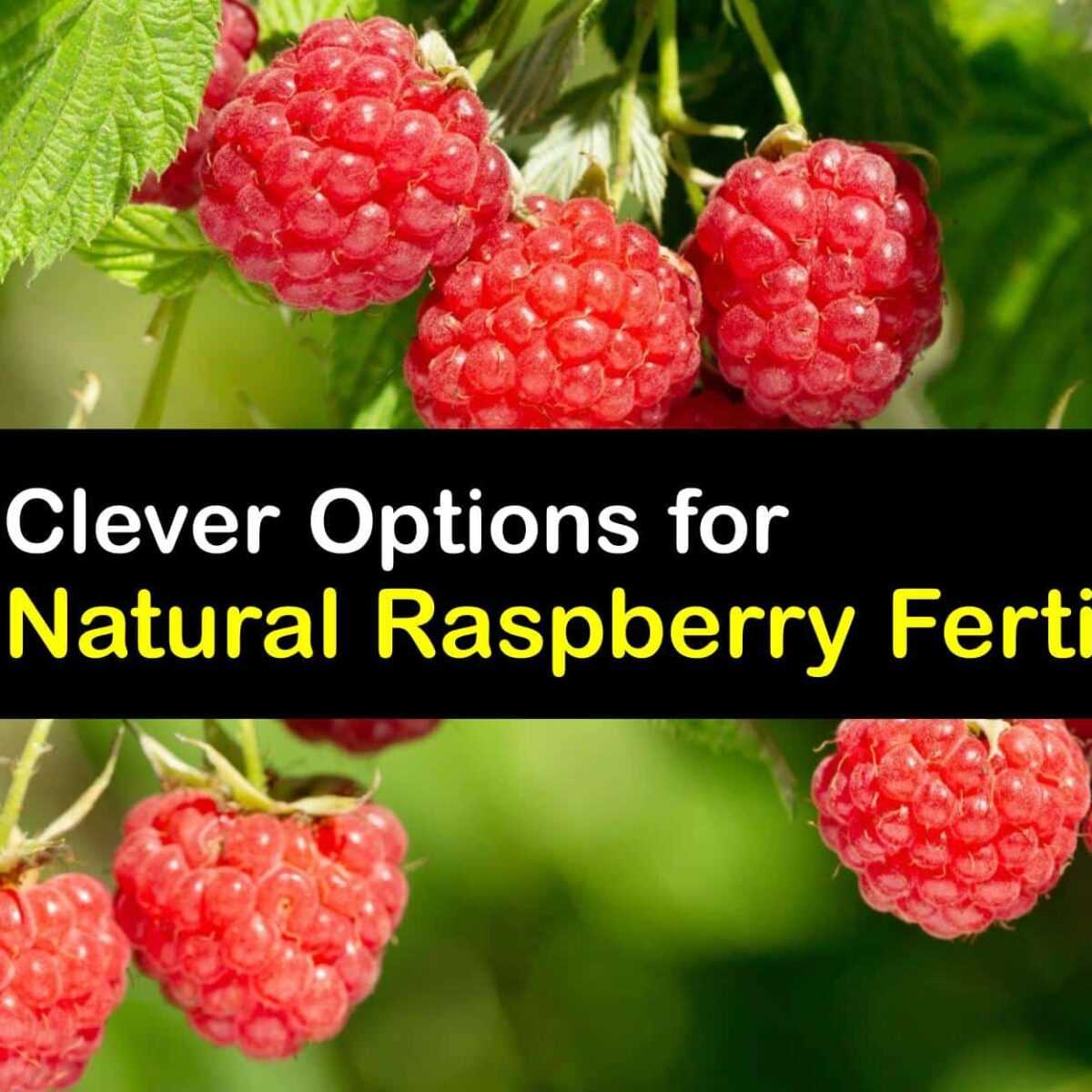
When selecting a fertilizer for your raspberry plants, choose a balanced fertilizer with equal amounts of nitrogen, phosphorus, and potassium. Organic options such as compost, well-rotted manure, and fish emulsion are also great choices for providing nutrients to your raspberries.
Timing is Key
Apply fertilizer to your raspberry plants in early spring, just as new growth begins to appear. Avoid fertilizing after mid-summer, as this can interfere with the plant’s ability to properly harden off for winter.
Measure Properly
Follow the application rates recommended on the fertilizer packaging. It’s important not to over-fertilize, as this can lead to excessive vegetative growth and reduce fruit production.
Spread Evenly
Evenly distribute the fertilizer around the base of each raspberry plant. Avoid applying fertilizer directly onto the stems or leaves, as this can cause burn or damage.
Water After Application
After applying fertilizer, water your raspberry plants thoroughly. This helps to activate the nutrients and carry them down to the plant’s root zone.
Monitor and Adjust
Regularly monitor the health and growth of your raspberry plants. If you notice signs of nutrient deficiencies or excesses, adjust your fertilization practices accordingly. Soil testing can also help you determine any nutrient imbalances.
Avoid Over-Reliance on Fertilizers
While fertilizers are important for providing essential nutrients, it’s important not to overly rely on them. Maintaining healthy soil through proper organic matter management, crop rotation, and good cultural practices can help reduce the need for excessive fertilization.
By following these tips for applying fertilizer to your raspberry plants, you can help ensure optimal growth and a delicious harvest of juicy, sweet berries.
Question-answer:
What is the best fertilizer for raspberries?
The best fertilizer for raspberries depends on the specific needs of your soil and the current nutrient levels. A balanced organic fertilizer with a ratio of 10-10-10 can be a good choice for overall plant growth and fruit production.
Can I use compost as a fertilizer for raspberries?
Yes, compost can be a great fertilizer for raspberries. It provides organic matter, improves soil structure, and adds essential nutrients. Spread a layer of compost around the base of the plants, taking care not to bury the stems.
How often should I fertilize my raspberries?
Raspberries generally benefit from fertilization in early spring and again in late summer or early fall. However, it is important to conduct a soil test to determine the nutrient needs of your specific soil before deciding on a fertilization schedule.
Are there any organic fertilizers specifically formulated for raspberries?
Yes, there are organic fertilizers on the market that are specifically formulated for raspberries. These fertilizers often contain beneficial microbes and organic ingredients such as composted poultry manure, bone meal, and kelp meal. They can help improve soil fertility and promote overall plant health.
What nutrient deficiencies can occur in raspberry plants?
Raspberry plants can experience nutrient deficiencies in various elements, including nitrogen, phosphorus, potassium, iron, and magnesium. Symptoms of these deficiencies may manifest as yellowing leaves, stunted growth, poor fruit development, or leaf discoloration. Conducting a soil test can help identify the exact nutrient deficiencies.
Is it possible to over-fertilize raspberries?
Yes, it is possible to over-fertilize raspberries. Excessive fertilization can lead to lush vegetative growth at the expense of fruit production. It can also contribute to nutrient imbalances and environmental pollution. Soil tests and following recommended application rates can help avoid over-fertilization.
Can I use liquid fertilizers for raspberries?
Yes, liquid fertilizers can be used for raspberries. They can provide a quick source of nutrients and can be applied directly to the plants’ roots. However, it is important to follow the manufacturer’s instructions and avoid over-application, as excessive use of liquid fertilizers can lead to nutrient imbalances and damage to the plants.
